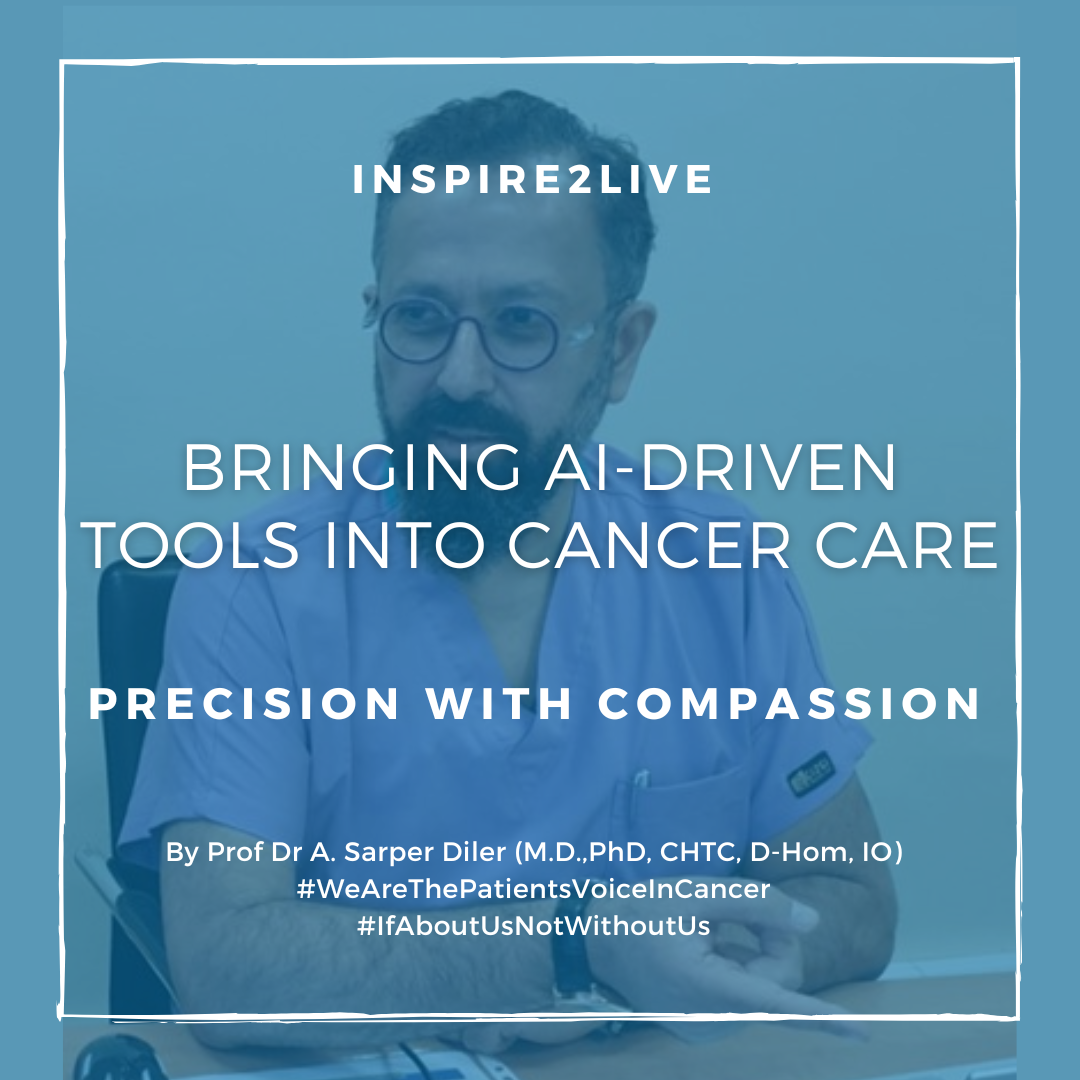Integrating AI-driven diagnostic tools into cancer care isn’t just about technological progress—it’s about striking a delicate balance between cutting-edge precision and the irreplaceable human touch. While AI offers the promise of faster and more accurate diagnostics, ensuring its effective and ethical application in oncology comes with challenges. Empathy and intuition, key elements of care for cancer patients, remain uniquely human traits that no algorithm can replicate.
Below is an exploration of the challenges and opportunities AI brings to cancer diagnostics and treatment:
1. Integrating AI with Existing Cancer Systems
Cancer clinics often rely on legacy Electronic Health Records (EHR) and systems not designed to work seamlessly with AI. Ensuring smooth integration requires extensive customization, APIs, or middleware—costly and time-intensive efforts critical for ensuring AI systems can access and interpret patient data effectively.
2. Ensuring High-Quality Cancer Data
Accurate cancer diagnostics rely on high-quality, standardized data. Yet, data in oncology is often fragmented across institutions or incomplete. Variations in data formats and terminologies, such as differing tumor staging systems, can impede AI’s ability to deliver reliable insights for diagnosis or treatment planning.
3. Navigating Regulatory Challenges in Oncology
Cancer diagnostics are held to the highest regulatory standards to ensure patient safety. AI tools must pass rigorous evaluations by bodies like the FDA or EMA, requiring years of clinical trials to prove safety, efficacy, and reliability. This adds complexity and time to adoption.
4. Addressing Ethical and Legal Implications
Errors in AI-driven cancer diagnostics can have life-altering consequences. Determining liability—whether it lies with the AI vendor, the oncologist, or the institution—is a significant legal challenge. Additionally, bias in training datasets can lead to disparities in cancer detection and treatment recommendations, raising ethical concerns.
5. Building Trust Among Oncologists and HCPs
Oncologists are often cautious about adopting new tools, especially when they challenge traditional methods. Building trust requires transparent AI models that explain their recommendations and reinforce that AI is designed to augment, not replace, the expertise of cancer specialists.
6. Protecting Patient Privacy and Security
AI systems need access to vast amounts of sensitive cancer patient data, raising privacy and security concerns. Compliance with data protection laws like HIPAA or GDPR is essential to safeguard patient trust and prevent breaches that could compromise sensitive information.
7. Streamlining Cancer Care Workflows
Cancer care is complex and time -sensitive. Poorly integrated AI systems can disrupt workflows, adding inefficiencies or delays to care. Intuitive design and seamless integration into existing processes are critical to ensuring AI enhances, rather than complicates, care delivery.
8. Managing Financial Barriers to Implementation
The cost of procuring, training, and integrating AI into oncology settings can be prohibitive. Beyond initial investments, ongoing maintenance and recalibration to adapt to new cancer research or therapies add to the financial burden.
9. Ensuring Inclusivity in Cancer Diagnostics
Cancer presents differently across demographics. Many AI models are trained on limited datasets, which may not generalize to diverse populations. Validating AI tools across varying patient demographics is crucial to avoid disparities in care and ensure equitable outcomes.
10. Preserving the Human Connection in Cancer Care
For cancer patients, emotional support is as vital as medical treatment. Some worry that increasing reliance on AI could depersonalize care. To address these concerns, it’s essential to emphasize that AI is a tool to free up clinicians’ time, allowing them to focus more on the human side of healing.
A Vision for the Future of AI in Cancer Care
While the promise of AI in oncology is transformative—offering faster diagnostics, including early diagnosis, personalized treatment plans, and more equitable care—the challenges cannot be ignored. Overcoming these hurdles requires collaboration among all stake holders anmd mainly; oncologists, technologists, policymakers, and patients. The ultimate goal is a synergistic partnership where human intuition and AI precision work together to improve outcomes for cancer patients, ensuring that technology serves as an ally, not a replacement, in their healing journey.
Prof Dr A. Sarper Diler (M.D.,PhD, CHTC, D-Hom, IO)
Med Director Ovital Institute NewYork, London, Istanbul
Faculty member. Istanbul University, Istanbul Medical Faculty
Patient advocate Inspire2Live

